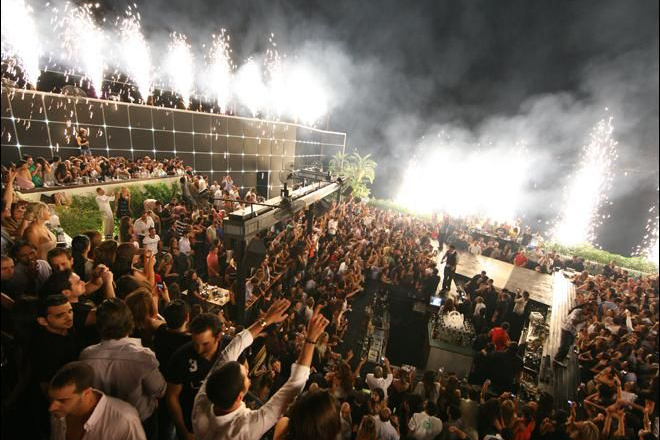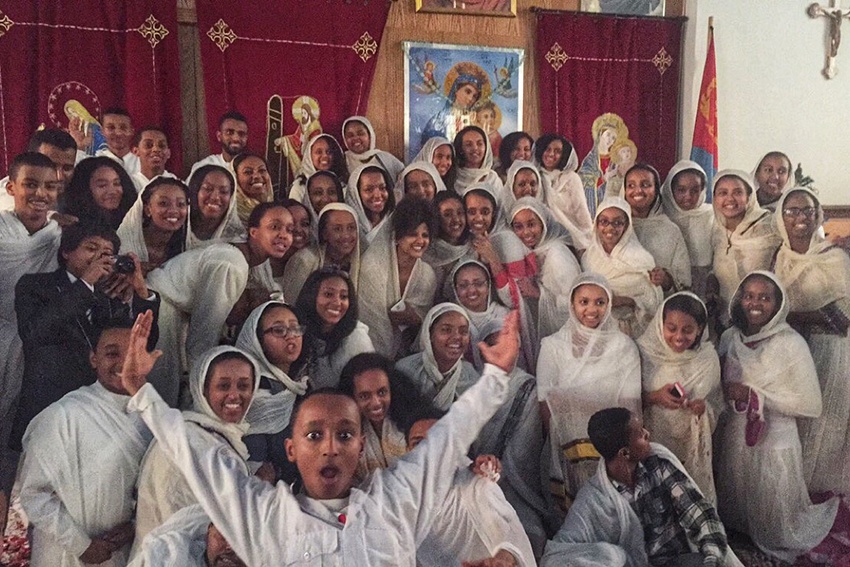Holiday Traditions Celebrated in Lebanon and East Africa
Two international students share their holiday culture


Written by Sharmaine Wills, Master of Accountancy Student
Two international students attending BGSU in the Master of Accountancy program share their holiday traditions and customs that have some similarities to America but also there are many differences.
Holidays in Lebanon
Maryam Shreif is from Byblos, Lebanon, and she is a part of the Shia Muslism sect. In Lebanon, there are eighteen different sects of recognized religions, including Muslim sects. Shreif is not part of the Christian sects, but still celebrates all holidays.
There are some similarities to U.S. celebrated holidays in the Lebanese culture. In Lebanon, they believe in unity of all religions. There, Christmas is celebrated on December 24th and is very family oriented. One of the main food dishes consumed in the Shia Muslism sect on Christmas is turkey, along with lots of other meat, with the exception of barbecue dishes. A common side dish is Warak Ainab, an Arabic term for grape leaves stuffed with rice and parsley.
“Eid Milad Saeed” in Arabic means “Merry Christmas”.
Like in the U.S., New Year’s in Lebanon is also celebrated on December 31st. It is spent with friends or family. Teenagers usually hang out with friends and spend days or a week in a chalet, which is French for ice cabin. Typically, on New Year’s lots of glitter is worn. In Lebanon, they are known for having the best parties in the world. Beirut, Lebanon, is the party capital of the world.
“Kel senew intu bkhair” in Arabic means “May you stay healthy and safe every year.”
Unlike in the U.S. Halloween or otherwise known in Lebanon as St. Barbara’s Day is celebrated on December 3rd. It is more of a mourning day for St. Barbara. The story behind it is a young girl named Barbara, dressed up in all black and ran away from home and never returned. Individuals in Orthodox sects do not believe in Halloween. On St. Barbara’s Day, children dress up in costumes and adults go to church to pray and mourn.
Holiday Traditions in East Africa
Esrom Woldemichael is an Orthodox Christian from Eritrea, Africa, located in the Horn of Africa, bordered by the Red Sea, Sudan, Ethiopia and Djibouti. In Eritrea, it is typical to fast before every major holiday, where no animal products are consumed. There, Christmas is celebrated on January 7th and is generally celebrated as a “timket” or baptism.
Similar to the U.S., the night before Christmas everyone goes to church and on Christmas families get together and feast. During all major events, such as baptisms, weddings, and holidays, all white attire, or “kidah habesha” which is traditional clothes is worn. Abyssinian people originated in 1890 to 1974, which came from the ancient Greeks and refers to Ethiopian/Eritrean people as a whole.
The main dish consumed during holidays or major events is “tsebhi zigni,” which is lamb with “berbre” or hot spice and tomatoes and onions. Side dishes consumed are “Ingeia” or flat bread, “Qulwa” or BBQ meat with sauce, and “shiro” which is stew made with ground chickpeas, tomatoes, and onions.
Traditional beverages consumed during holidays or major events are “suwa” which is homegrown beer made with roasted corn, barley, and grains and “mass” which is honey wine. At the end of every holiday or major event a “boon” or coffee ceremony takes place where everyone comes together to socialize and drink. It includes six rounds, lasting between an hour- and-a-half to three hours. Prior to the “boon” or coffee ceremony, a “chit” or tea ceremony takes place, which is a shorter gathering.
As I end this story - “Ruhus Bea Lidet” meaning “Happy/Merry Christmas or Merry New Year.”
Updated: 12/05/2019 09:01AM
